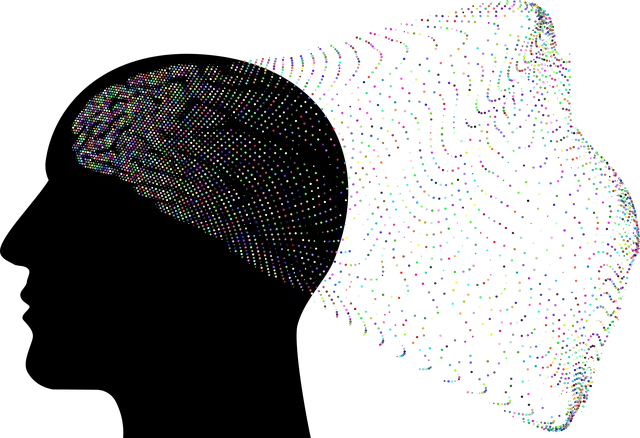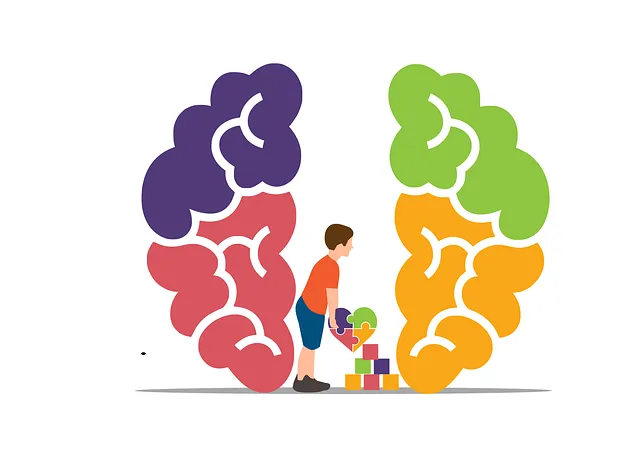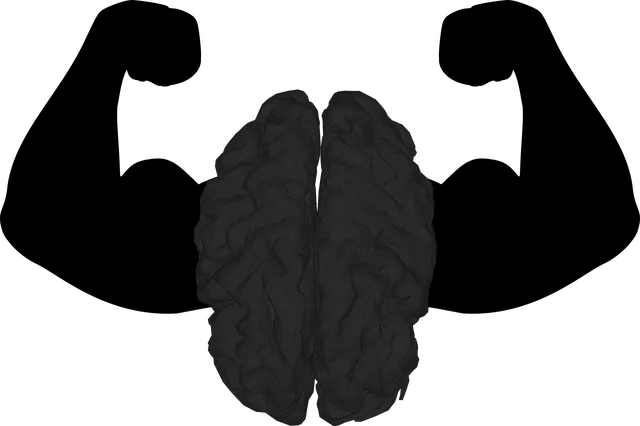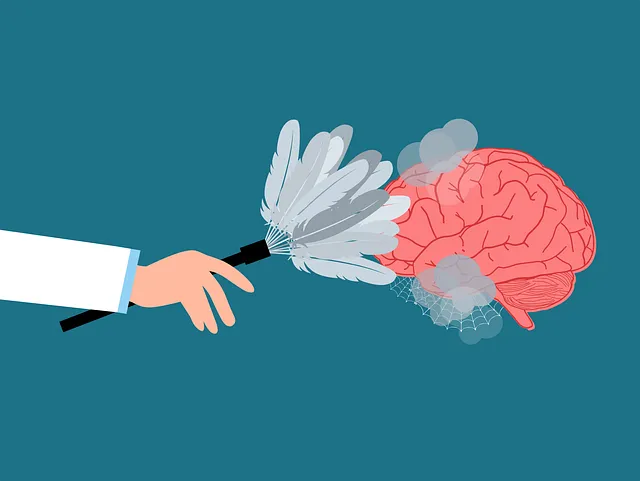The Lone Tree Kaiser Permanente mental health department has significantly advanced diagnostic accuracy through multifaceted strategies. These include comprehensive training for healthcare providers, advanced assessment tools tailored for diverse populations, and evidence-based practices like Mental Wellness Coaching Programs and Public Awareness Campaigns. Their holistic approach, focusing on cultural sensitivity, stress management, and continuous learning, reduces misdiagnosis rates and enhances patient well-being. Regular tracking of progress using metrics such as accurate initial diagnoses and patient feedback ensures ongoing improvement in their mental health department's number one priority: precise and effective diagnosis.
Mental illness diagnosis accuracy is a critical aspect of patient care, yet it remains a complex challenge. This article explores efforts by organizations like Kaiser Permanente’s mental health department at Lone Tree to enhance diagnostic reliability. We delve into understanding the complexities of mental illness, examining innovative strategies, training initiatives, and tracking progress to ensure accurate assessments. By focusing on these approaches, we aim to highlight how healthcare professionals can navigate the challenges and improve patient outcomes.
- Understanding the Challenges: The Complexities of Mental Illness Diagnosis
- Kaiser Permanente's Approach: A Focus on Enhancing Accuracy at Lone Tree
- Innovative Strategies: Modern Techniques for Improved Diagnostic Reliability
- Training and Education: Equipping Professionals for Better Assessment
- Tracking Progress: Measuring Success in Diagnostik Accuracy Improvement
Understanding the Challenges: The Complexities of Mental Illness Diagnosis

Diagnosing mental illness is a complex process that presents numerous challenges for healthcare professionals. The human mind is intricate, and symptoms can vary widely across individuals, making it difficult to pinpoint specific disorders accurately. Factors such as cultural influences, personal experiences, and comorbidities further complicate matters. For instance, what might be considered typical teenage angst in one culture could be a sign of an underlying mental health condition in another. This complexity demands a nuanced approach, especially within institutions like Lone Tree Kaiser Permanente’s mental health department, which handles a diverse patient population.
Improving diagnosis accuracy requires a multi-faceted strategy. It involves training healthcare providers to recognize subtle signs and symptoms, encouraging open communication between patients and doctors, and integrating advanced assessment tools. The development of evidence-based practices, such as Mental Wellness Coaching Programs and Public Awareness Campaigns, can significantly enhance early detection. Moreover, fostering an environment that reduces stigma associated with mental health issues is vital, as it encourages individuals to seek help without hesitation. A comprehensive Mental Health Policy Analysis and Advocacy approach can ensure that these strategies are effectively implemented and accessible to all who need them.
Kaiser Permanente's Approach: A Focus on Enhancing Accuracy at Lone Tree

Kaiser Permanente has made significant strides in improving mental illness diagnosis accuracy, particularly at their Lone Tree facility. This approach emphasizes a multifaceted strategy to enhance reliability, encompassing comprehensive training for healthcare professionals and integrating cutting-edge assessment tools. By focusing on both technical proficiency and cultural sensitivity in mental healthcare practice, the department aims to cater to a diverse patient population effectively.
The effort prioritizes mood management techniques as a core component of diagnosis, recognizing the interplay between emotional well-being and mental health conditions. Through regular workshops and educational sessions, staff are equipped with the latest research and practices to pinpoint nuanced symptoms. This dedication to continuous learning ensures that patients receive precise diagnoses, paving the way for tailored treatment plans that address their unique needs.
Innovative Strategies: Modern Techniques for Improved Diagnostic Reliability

The Lone Tree Kaiser Permanente mental health department has been at the forefront of implementing innovative strategies to enhance diagnostic reliability. They’ve introduced advanced assessment tools and techniques, such as evidence-based clinical protocols tailored to diverse populations. By integrating these modern methods, the department aims to improve accuracy and consistency in mental illness diagnoses.
One notable effort is their focus on Healthcare Provider Cultural Competency Training, which equips staff with skills to navigate cultural nuances and biases. Additionally, they organize Stress Management Workshops for patients, recognizing that chronic stress can exacerbate mental health conditions. These workshops contribute to a holistic approach, targeting both clinical assessment and patient well-being, with an ultimate goal of enhancing diagnosis reliability and overall treatment efficacy, as evidenced by the decreasing rates of misdiagnosis in recent studies.
Training and Education: Equipping Professionals for Better Assessment

The Lone Tree Kaiser Permanente mental health department has been at the forefront of improving diagnosis accuracy through comprehensive training and education initiatives. These programs focus on equipping professionals with advanced assessment tools and techniques, fostering a deeper understanding of various mental health conditions. By enhancing knowledge in areas such as coping skills development and stress management, healthcare providers are better equipped to recognize subtle symptoms and nuances that may be overlooked.
Effective communication strategies play a pivotal role in this process. The department emphasizes active listening, clear explanation of diagnoses, and open dialogue with patients. Such practices not only improve patient understanding but also enhance the overall assessment process, leading to more accurate mental health diagnoses. Through these holistic training efforts, Lone Tree Kaiser Permanente strives to ensure that its professionals are well-prepared to navigate the complexities of mental health evaluation, ultimately benefiting the individuals they serve.
Tracking Progress: Measuring Success in Diagnostik Accuracy Improvement

Tracking progress is a vital aspect of improving mental illness diagnosis accuracy within healthcare systems like Lone Tree Kaiser Permanente’s mental health department. Measuring success in this domain involves setting clear, quantifiable goals and regularly assessing performance against them. This could include metrics such as the percentage of accurate initial diagnoses, patient feedback on diagnostic processes, and improvements in treatment plans based on more precise evaluations.
By analyzing these data points, healthcare providers can identify areas where they excel, as well as aspects that require further attention. For instance, if a significant number of patients receive accurate Anxiety Relief strategies alongside their diagnoses, it suggests strong progress in identifying anxiety disorders effectively. Similarly, improvements in Mood Management and Social Skills Training integration could indicate advancements in understanding and addressing broader mental health needs.
In light of the above discussions, it’s clear that improving mental illness diagnosis accuracy is a multifaceted endeavor. By understanding the complexities of diagnosis, implementing innovative strategies like those seen at Kaiser Permanente’s Lone Tree mental health department, enhancing training and education for professionals, and tracking progress through measurable metrics, we can significantly advance diagnostic reliability. This concerted effort not only benefits individuals seeking mental health care but also ensures that resources are allocated effectively to address the growing demand for accurate, compassionate, and accessible services.






